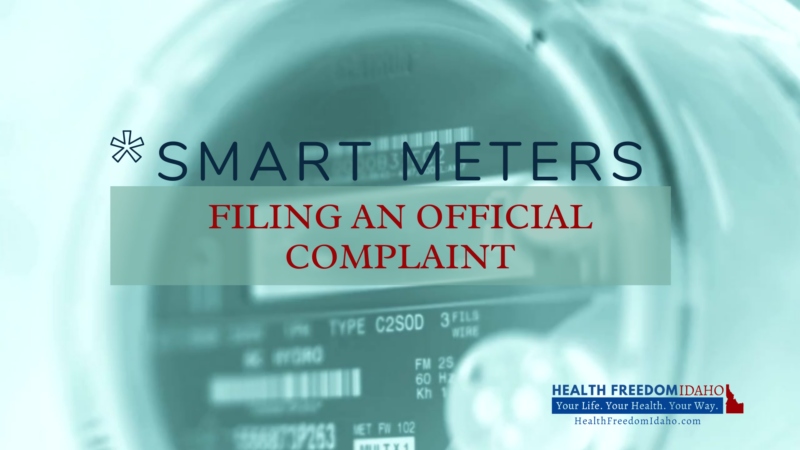The Gut-Thyroid Connection: Hashimoto’s

What is the Gut –Thyroid Connection?
Hashimoto’s disease is an organ specific autoimmune disease – meaning it affects the thyroid. But at its core, it is rooted in inflammation that may begin outside of the thyroid in a substantial number of cases . One of the most common sources of inflammation that eventually leads to autoimmune conditions is intestinal hyperpermeability, or “leaky gut.”
The main job of the intestinal mucosa (the lining of the intestine) is to act as like customs officer at a border crossing. It allows nutrients from our food to pass into the submucosa where it can be assimilated for our benefit, while keeping potentially harmful proteins from our food and fragments of both healthy and harmful bacteria out of the submucosa where they can trigger inflammatory and immune reactions. Over time, persistent exposure of the submucosa to inflammatory and immune triggers causes the body to produce antibodies, special proteins that recognize and fight viruses and bacteria. These antibodies can also start to recognize and attack your body tissue, including your thyroid tissue, and sabotage your thyroid’s ability to produce or use thyroid hormones, resulting in Hashimoto’s disease.
Further, the health of the intestinal microbiome regulates overall inflammation in your body by inhibiting the production of pro-inflammatory cytokines including tumor-necrosis factor (TNF), interleukin 6 (IL-6), and nuclear factor-kappa B (NF-KB), while promoting anti-inflammatory cytokines like interleukin-10 (IL-10).
New research also suggests that there is direct cross-talk between proteins and hormones in the gut and the hypothalamic-pituitary-thyroid axis (HPT), adding yet another layer of the connection to what goes on in the gut and the health of the thyroid.
Antibiotic use, frequent use of NSAIDS (ibuprofen, Aleve, Motrin, etc.), a diet high in sugar and low in a wide variety of vegetables, over-exercise and chronic stress, all affect the health of the intestinal mucosa and the microbiome, and can determine whether you develop hypothyroidism.
Celiac disease, as in Karen’s case, creates an extreme set-up for leaky gut. In fact, as many as 10% of patients with celiac disease have hypothyroidism. But much milder forms of leaky gut and dysbiosis – which affect millions more people that has previously been recognized – can also create the environment for Hashimoto’s to develop.
The tricky thing is that not not everyone with gut problems has classic digestive symptoms. Sometimes the only symptom of gut problems is an autoimmune disease! So if you have Hashimoto’s disease, it is worth including gut healing as part of your plan.
Learn More about the The Core Solution: Healing the Gut-Thyroid Connection






